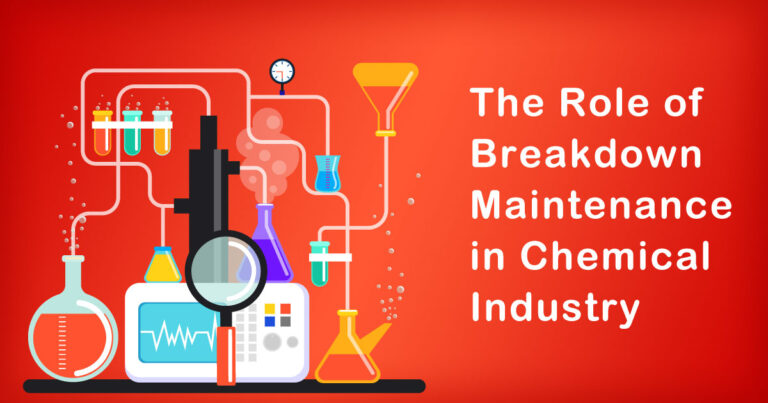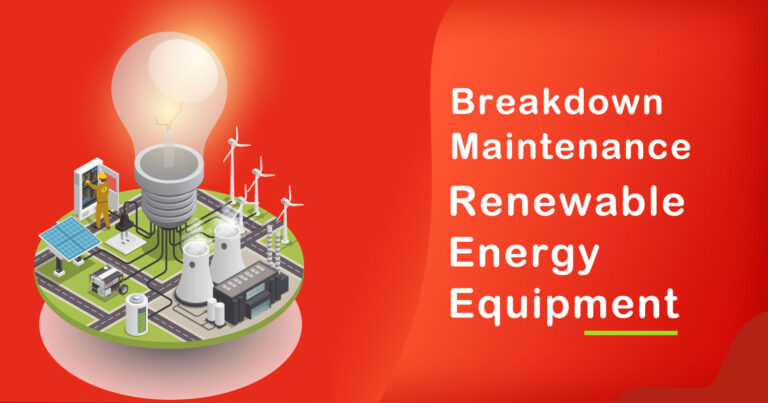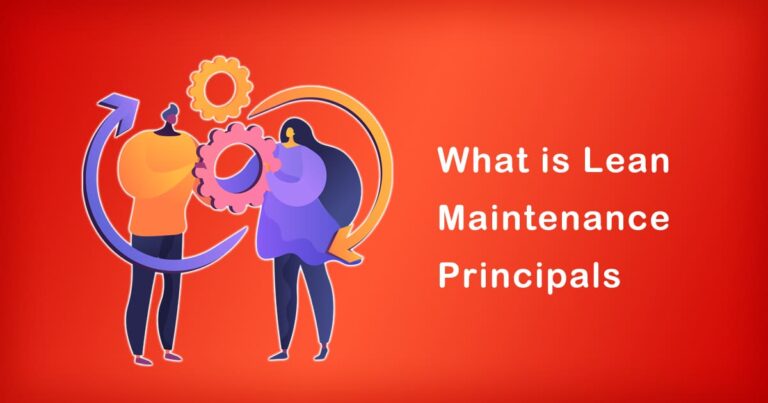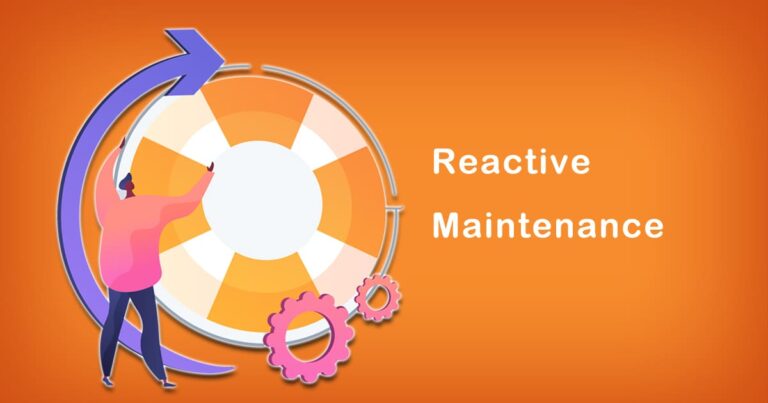Equipment reliability is a crucial aspect of any manufacturing process. The downtime of a machine can cause severe losses in terms of production, quality, and ultimately revenue. To mitigate these losses, manufacturers have been employing various methods to ensure the reliability of their equipment. One such method is Total Productive Maintenance (TPM), which is a comprehensive approach to equipment maintenance that focuses on improving equipment reliability, reducing downtime, and improving overall productivity. In this blog, we will explore how TPM can improve equipment reliability in an Indian context.
What is Total Productive Maintenance (TPM)?
Total Productive Maintenance (TPM) is a maintenance philosophy that emphasizes the importance of involving all employees in the maintenance process. TPM aims to improve equipment reliability, reduce downtime, and improve overall productivity by involving everyone in the maintenance process, from the operator to the maintenance personnel. TPM is based on the idea that everyone is responsible for the maintenance of the equipment, and maintenance is not just the job of the maintenance department.
TPM focuses on the following pillars:
1. Autonomous Maintenance – Operators are responsible for the first-line maintenance of their equipment, including cleaning, inspection, and lubrication.
2. Planned Maintenance – The maintenance department schedules regular maintenance tasks to ensure that equipment is running at optimal levels.
3. Quality Maintenance – TPM emphasizes the importance of maintenance in ensuring product quality. Quality maintenance ensures that equipment is capable of producing high-quality products consistently.
4. Training and Education – TPM requires that all employees receive the necessary training to perform their jobs effectively.
5. TPM in Administration – TPM emphasizes the importance of integrating maintenance into the overall management of the organization.
Improving Equipment Reliability through TPM in an Indian Context
In India, the manufacturing sector has been growing steadily over the past few years. According to the Annual Survey of Industries (ASI), the manufacturing sector accounts for 77% of India’s total industrial output. With the growth of the manufacturing sector, there is a growing need for reliable equipment to ensure that production levels remain high. TPM can help Indian manufacturers achieve this goal.
The implementation of TPM can lead to significant improvements in equipment reliability in the following ways:
1. Reducing Equipment Downtime – By involving all employees in the maintenance process, TPM can help identify and address issues before they become major problems, reducing equipment downtime.
2. Improving Equipment Efficiency – TPM ensures that equipment is running at optimal levels, improving overall equipment efficiency and reducing energy consumption.
3. Improving Product Quality – Quality maintenance, a pillar of TPM, ensures that equipment is capable of producing high-quality products consistently.
4. Increasing Equipment Lifespan – TPM emphasizes the importance of regular maintenance, which can help extend the lifespan of equipment, reducing the need for expensive replacements.
5. Reducing Maintenance Costs – By involving operators in the maintenance process, TPM can reduce the need for expensive maintenance personnel, leading to significant cost savings.
Research and Facts
Several studies have been conducted on the effectiveness of TPM in improving equipment reliability. A study conducted by the Indian Institute of Technology Delhi found that the implementation of TPM resulted in a significant reduction in equipment downtime, improved product quality, and increased equipment lifespan. Another study conducted by the Indian Institute of Technology Kharagpur found that TPM can lead to significant improvements in equipment reliability, reducing maintenance costs, and increasing equipment efficiency.
Conclusion
Total Productive Maintenance (TPM) is a comprehensive approach to equipment maintenance that emphasizes involving all employees in the maintenance process. TPM can lead to significant improvements in equipment reliability, reducing downtime, improving overall productivity, and reducing maintenance costs. In an Indian context, TPM can help manufacturers achieve their goals of producing high-quality products consistently, increasing equipment efficiency, and reducing maintenance costs. The implementation of TPM requires a commitment to training and education, but the benefits of TPM far outweigh the costs.








